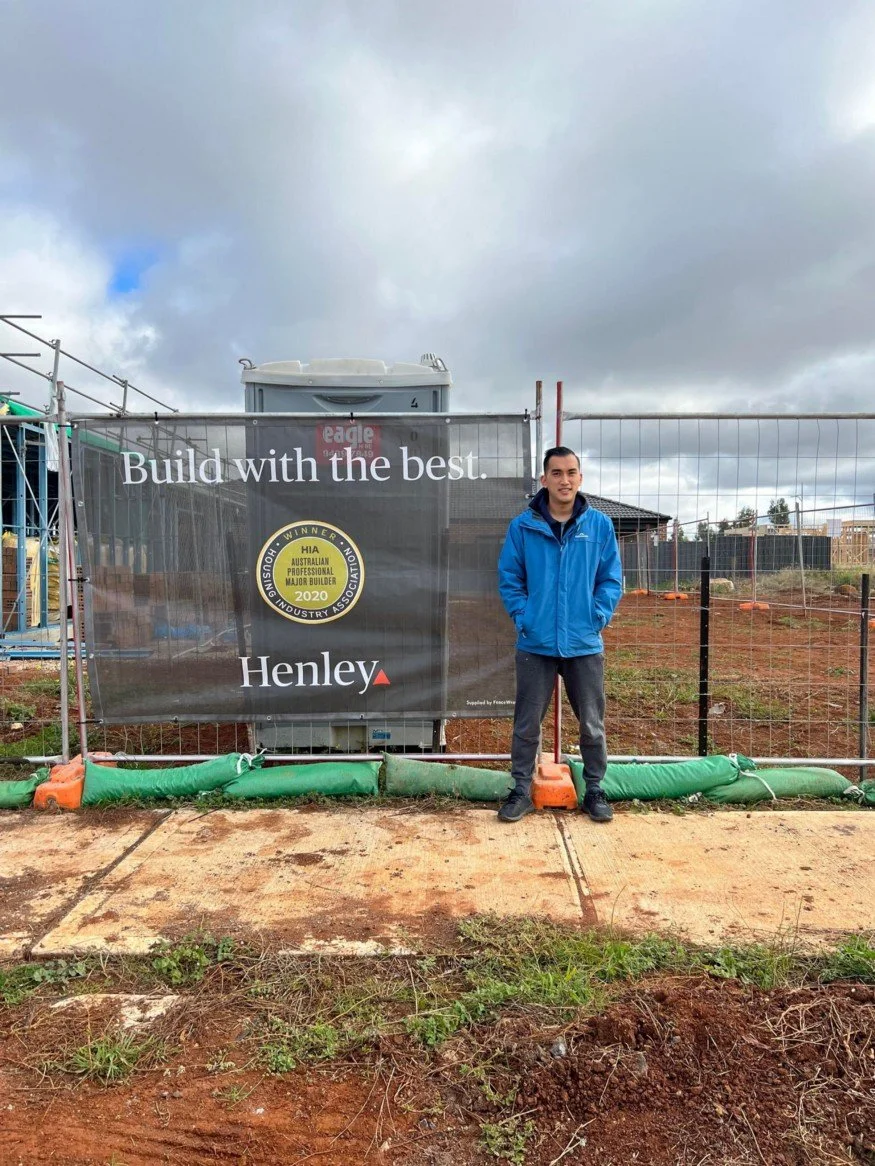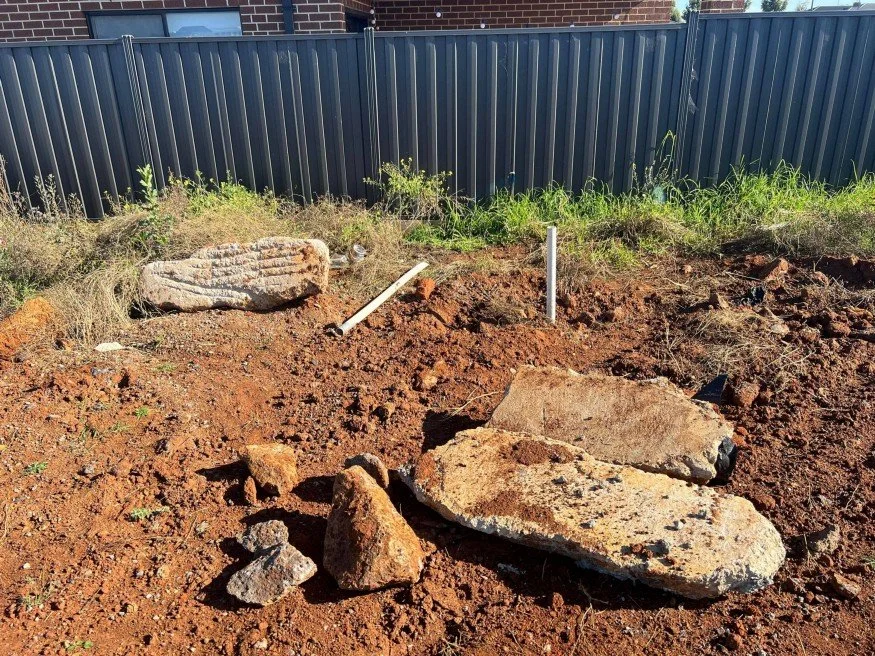5 Non-Financial Things They Don’t Tell You About Buying Land and Building Your Own House
Learn from my experience to save your money and time
Author’s own image
I am living the traditional Australian dream: home ownership.
Whether you agree with buying a house or not, buying a house is one of the biggest decisions anyone can make in their financial journey.
In early 2021, I made a big decision to buy a piece of land in an emerging suburb in Melbourne. The Australian government was running scheme upon scheme to encourage first home buyers to buy their first property.
At one stage, they would pay you $25,000 dollary doos right into your bank account to build a house. Madness.
If you ask me, property in Melbourne seems like a bubble that never pops. Even during the pandemic, prices soared by 10% and even 20% in some areas.
Armed with extra cash from a canceled Europe trip due to COVID, I took the plunge. I didn’t really know what I was doing and upon reflection, would have made some different decisions if I could go back.
Here are some of the lessons I learned.
#1: Understand your risk profile
The best financial strategy is the one that helps you sleep at night.
I am more risk-aversed than the average person when it comes to property investment. The thought of having a financial obligation I can’t meet is enough to keep me up at night shaking with fear.
Before I took my loan, I stress-tested numerous scenarios to understand if I could make my repayments. This included:
Losing my job and/or not having an income for a period of time,
Interest rates and inflation rising,
Impact on current lifestyle and ability to travel,
Housing market crash.
I made sure I could survive the worst-case scenario and had a plan if things were to go drastically wrong.
I’ve got friends who were caught up in FOMO and over-leveraged themselves to buy the first thing they found. With interest rates and inflation now at record levels, they are drowning in their own debt.
#2: People will dump on your land.
This is probably the most frustrating aspect of owning vacant land before building a house.
People view open spaces as a license to put their unwanted crap. I’ve had trolleys, rubbish and even slabs of concrete dumped on my land.
See here:
Author’s own image
Guess who had to clean it all up? Me.
One of my neighbors paid upwards of $2,000 to get their vacant land cleaned of rubbish and leftover building materials. Ouch.
Unfortunately, there isn’t too much you can do about it. You can pay for temporary fencing but it could work out cheaper to let people dump rubbish and then pay for one round of clean-up before you start building.
What I would do differently:
Factor the clean-up costs into your building budget.
Negotiate with your builder or land developer to have your site cleared by them. They might charge you for it, but it’ll save you a lot of time and effort.
#3: Everyone and their dog will have an opinion.
When it comes to talking about property, everybody is an expert.
There is no other topic in Australia that elicits more unwanted opinions.
People will give you their opinion on what you should do without knowing your financial situation or context. The advice is at best irrelevant and at worst dangerous to follow.
Learn to listen politely but ignore almost everyone.
At some point, I just stopped telling people my plans and would change the subject if they tried to give me advice.
My only advice is to hire and listen to actual experts, especially if it's your first time going through this process. The quality of your decisions will be impacted by the quality of expertise you get so choose correctly.
The best way to do this is to ask for referrals from people you trust and have used their services before.
I was fortunate to be surrounded by friends and family who had gone through the process of buying land and building a house. The information and insight into the building and buying process were worth its weight in gold.
What I would do differently:
Hire a lawyer who specializes in property law. You can get some favorable contract terms inserted such as extended settlement, land clean up or payment of rent if the build is delayed. A good lawyer will pay for themselves.
#4: Your identity will change
When you get a mortgage, you now have a massive financial obligation.
I understood this theoretically, but it wasn’t until I saw the debt hit my bank account and the amount of money going out every month that it really hit home.
It took me longer than expected to start to feel comfortable again with my money.
Identity change is painful. I no longer felt like a kid anymore. I had to finally concede I was an adult now. No more watching cartoons in my underwear.
Understand that you might go through a bit of an emotional rollercoaster. People expect you to be happy but you’re allowed to feel a bit overwhelmed and insecure. That’s what happened to me at least.
Just know that this phase will pass and it is normal to have a healthy level of skepticism about your decision.
#5: Be flexible with your timing
Almost every house build I know of has been delayed. Waiting for your land to be titled also takes longer than expected.
Whether it's a pandemic, a global shortage of materials or incompetence, delays will happen. Build them into your timeline. A general rule of thumb is to create a timeline and then add another 6–8 months to it.
I’ve been fortunate to have only been delayed by 2 months so far. My house construction is started and is expected to be done by March 2023.
The houses that are built on time without delays are the exception that proves the rule. With the ongoing impacts of the pandemic, supply chains and increasing costs will mean delays are inevitable.
Summary
Building a house has been one of the most exciting and scariest things I’ve done. It’s the biggest purchase I’ve ever made and I had to do a lot of growing up during this time.
The additional responsibility made me more financially literate. Not that I wasn’t before but buying land and building a house is a crash course in personal finance and property.
The knowledge and information I now have will make building my property portfolio easier.
While I’ve made mistakes and would do things differently, I don’t regret anything (so far). Good luck on your own property journey.
————————————————————————————————-
If you enjoyed this article, you can connect with me HERE.
You can also support more of my work by becoming a Medium Member using my referral link: michael-lim.medium.com


